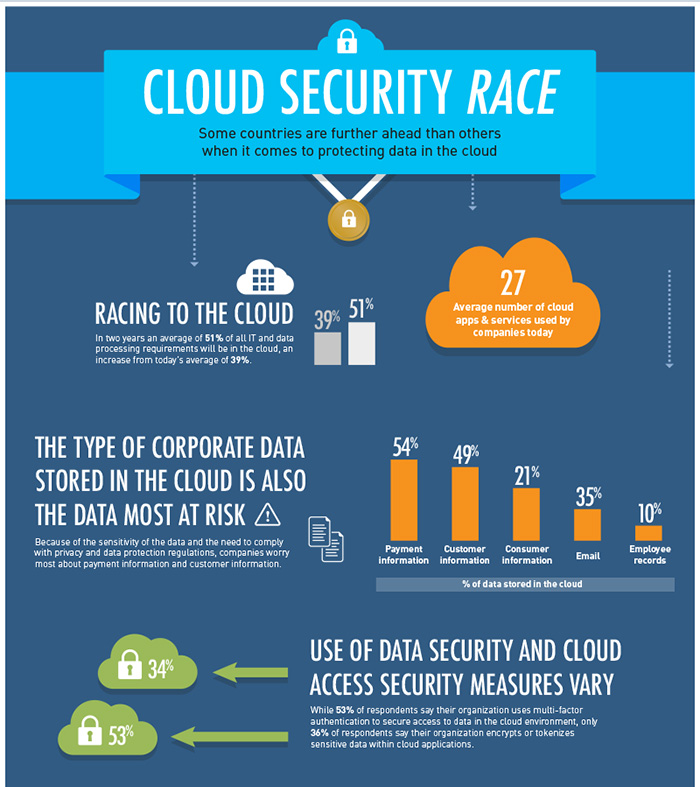3 mins read
Gemalto and Ponemon Institute Study: Big gaps emerge between countries on attitudes towards data protection in the cloud

Copyright 2023, IT Voice Media Pvt. Ltd.
All Rights Reserved

 Study reveals regional disparities in adoption of cloud security: German businesses almost twice as likely to secure confidential or sensitive information in the cloud (61%) than British (35%), Brazilian (34%) and Japanese (31%) organizations, Half of global organizations believe that payment information (54%) and customer data (49%) is at risk in the cloud, Over half (57%) think using the cloud increases compliance risk.
Study reveals regional disparities in adoption of cloud security: German businesses almost twice as likely to secure confidential or sensitive information in the cloud (61%) than British (35%), Brazilian (34%) and Japanese (31%) organizations, Half of global organizations believe that payment information (54%) and customer data (49%) is at risk in the cloud, Over half (57%) think using the cloud increases compliance risk.